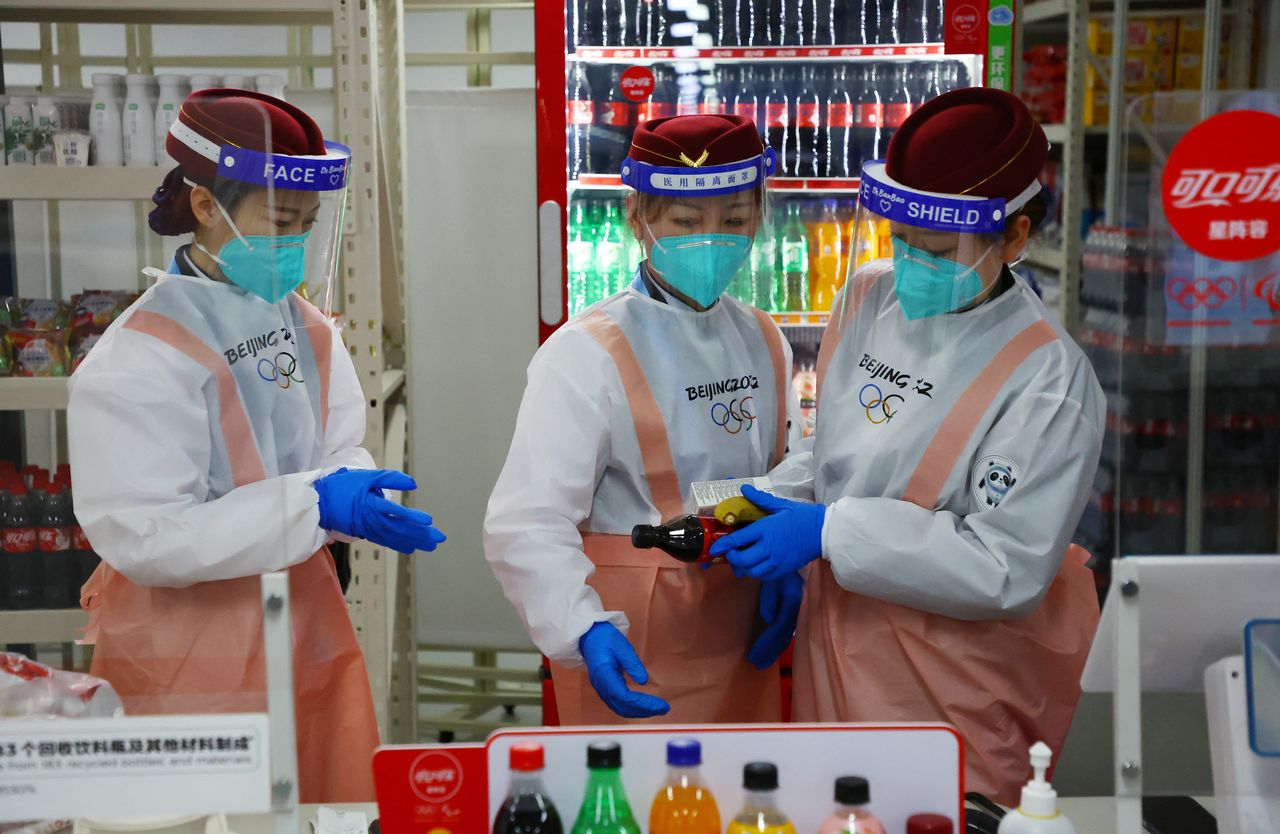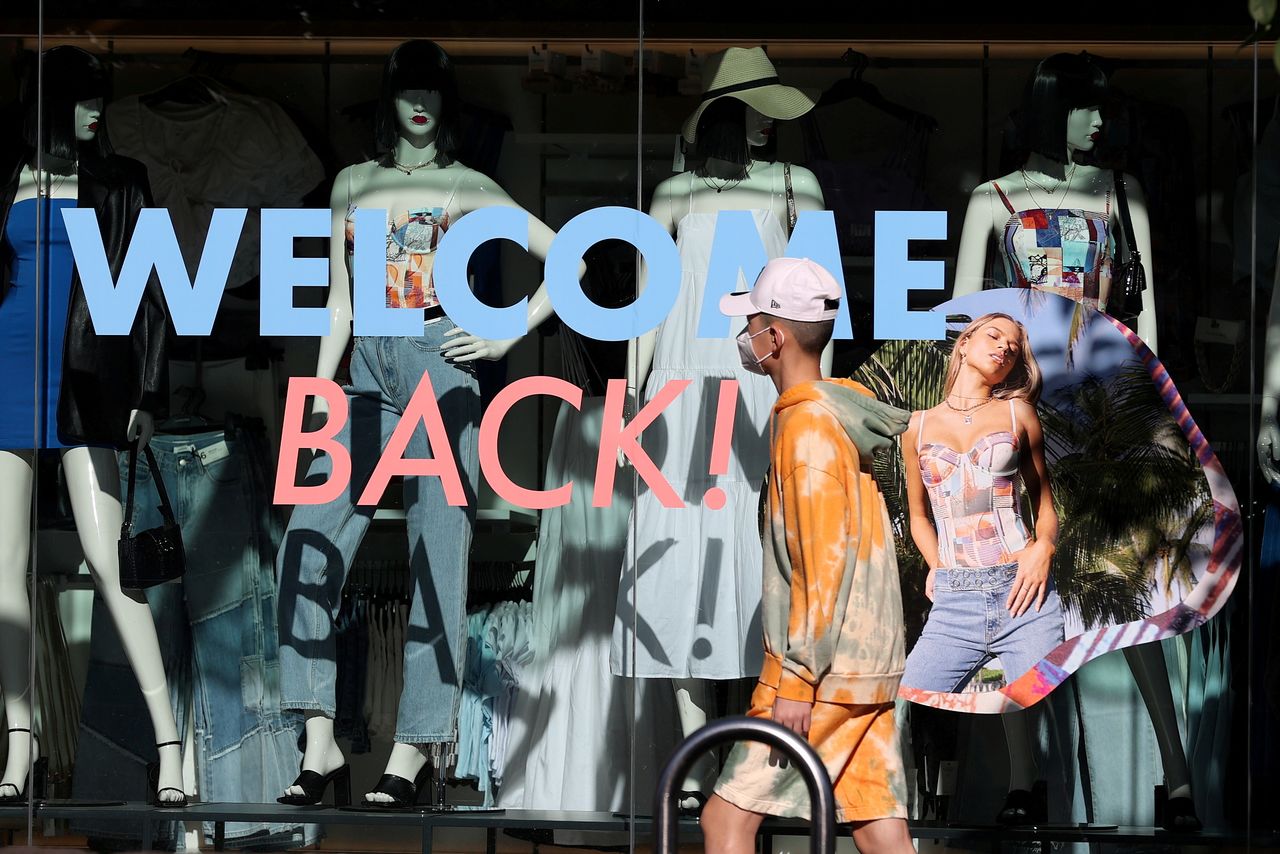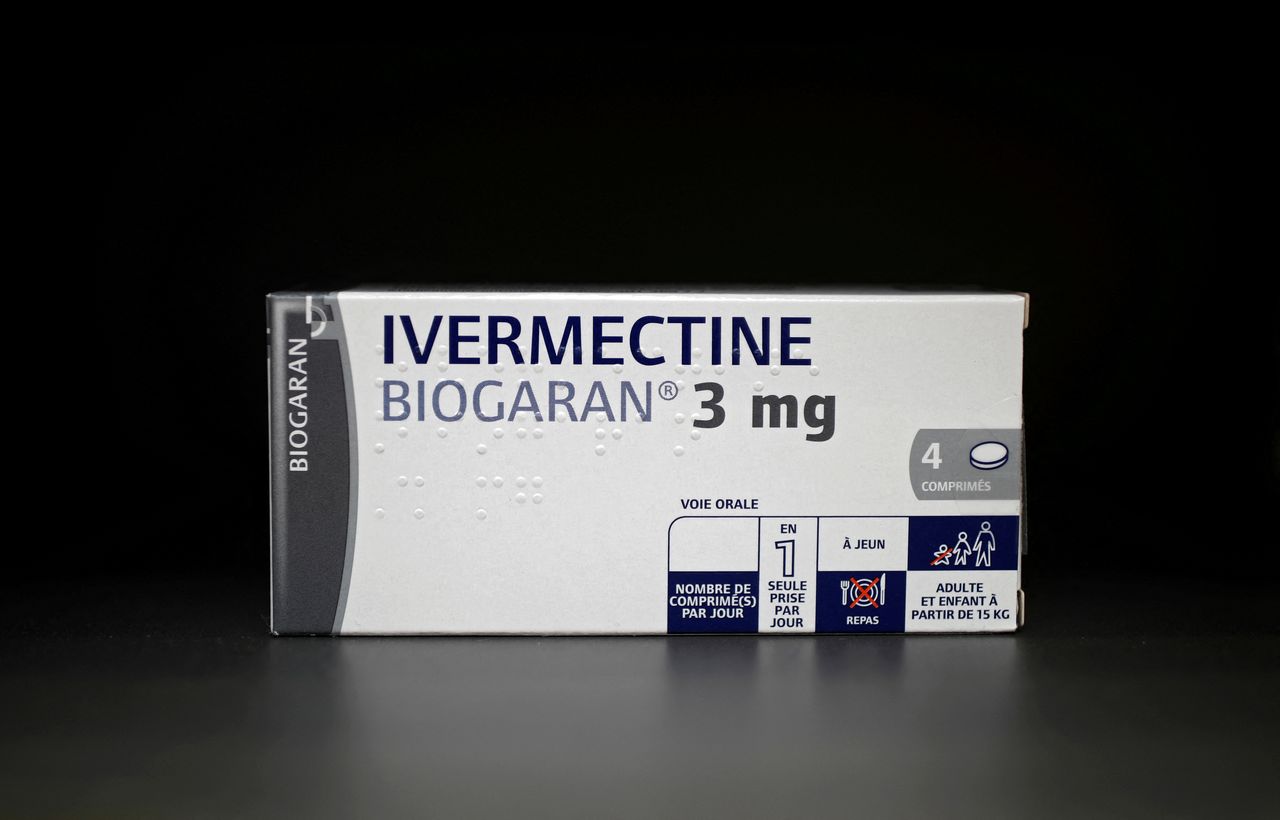What you need to know about the coronavirus right now
Newsfrom Japan
- English
- 日本語
- 简体字
- 繁體字
- Français
- Español
- العربية
- Русский
(Reuters) - Here's what you need to know about the coronavirus right now:
Cocktails and hazmat suits mingle in Beijing Olympics bubble
Servers in hazmat suits and Olympic venues and hotels constantly sprayed with disinfectant, giving the air a distinct smell of Lysol, have lent the Winter Games' "closed loop" a feel of dystopian fiction as Chinese officials try to minimise the chances of the Games sparking a fresh coronavirus outbreak.
A total of 55 new COVID-19 infections were found among Olympic Games-related personnel on Feb. 2, the chair of the Beijing 2022 medical expert panel said on Thursday, the highest daily tally so far.
Fortress New Zealand delays full reopening until October
New Zealand on Thursday announced a phased reopening of its border that has been largely closed for two years due to the COVID-19 pandemic, but travel bodies said self-isolation rules need to be removed to revive the struggling tourism sector.
Vaccinated New Zealanders in Australia can travel home from Feb. 27 without a requirement to stay at state-managed quarantine facilities, while New Zealand citizens in the rest of the world will be able to do so two weeks later, Prime Minister Jacinda Ardern said.
Ivermectin shows 'antiviral effect' against COVID, Japanese company says
Japanese trading and pharmaceuticals company Kowa Co Ltd on Monday said that anti-parasite drug ivermectin showed an "antiviral effect" against Omicron and other coronavirus variants in joint non-clinical research.
Clinical trials are ongoing, but promotion of ivermectin as a COVID-19 treatment has generated controversy. The drug is not approved for treatment of COVID-19 in Japan, and the U.S. Food & Drug Administration, the World Health Organization, the EU drug regulator and Merck, which makes the drug, have warned against its use because of a lack of scientific evidence that it has therapeutic effect.
Omicron infections slowing where variant first hit, says regional agency
COVID-19 infections and deaths in the Americas are still increasing, but the rise in infections seems to be slowing down in places hit earliest by the Omicron variant, the Pan American Health Organization (PAHO) said on Wednesday.
Most of the 7 million new cases reported in the past week were in North America - some 4 million new infections - while Chile and Brazil posted record numbers of daily cases. Deaths have more than doubled in Cuba, the Bahamas and Antigua and Barbuda, the regional health agency said.
Peer review does not lead to major changes in preprints
Two studies published on Tuesday in PLoS Biology suggest that papers posted on so-called preprint servers before undergoing formal peer review do not change significantly before publication in medical journals.
One study compared more than 180 reports posted during the first four months of the pandemic on the preprint servers medRxiv and bioRxiv to the versions eventually published in peer-reviewed journals. Roughly 83% of COVID-related papers and 93% of non-COVID-related papers did not change from their preprint to final published versions, they found. When the researchers did identify changes, in the majority of cases those changes did not qualitatively change the conclusions of the paper, they said.
The other study used machine learning to analyse the relationships between nearly 18,000 preprints on the bioRxiv server and their published versions. Most manuscripts had only modest changes in wording during the peer-review and publication process, the researchers found.
(Compiled by Karishma Singh; Editing by Lincoln Feast.)

2022 Beijing Olympics - Speed Skating - Training - National Speed Skating Oval, Beijing, China - February 2, 2022. Staff members wearing face masks and shields prepare food for sale at the venue. REUTERS/Fabrizio Bensch

FILE PHOTO: A pedestrian weariing a face mask walks past a storefront reading "Welcome Back!" as shoppers return to the Newmarket retail district in the wake of coronavirus disease (COVID-19) lockdown restrictions being eased in Auckland, New Zealand, November 10, 2021. REUTERS/Fiona Goodall

FILE PHOTO: A box of the drug Ivermectine, made by Biogaran, is pictured on the counter of a pharmacy, as the spread of the coronavirus disease (COVID-19) continues, in Paris, France, April 28, 2020. REUTERS/Benoit Tessier
(c) Copyright Thomson Reuters 2022. Click For Restrictions -
https://agency.reuters.com/en/copyright.html
Reuters Japan Health Olympics Asia East Asia Europe Paris New Zealand